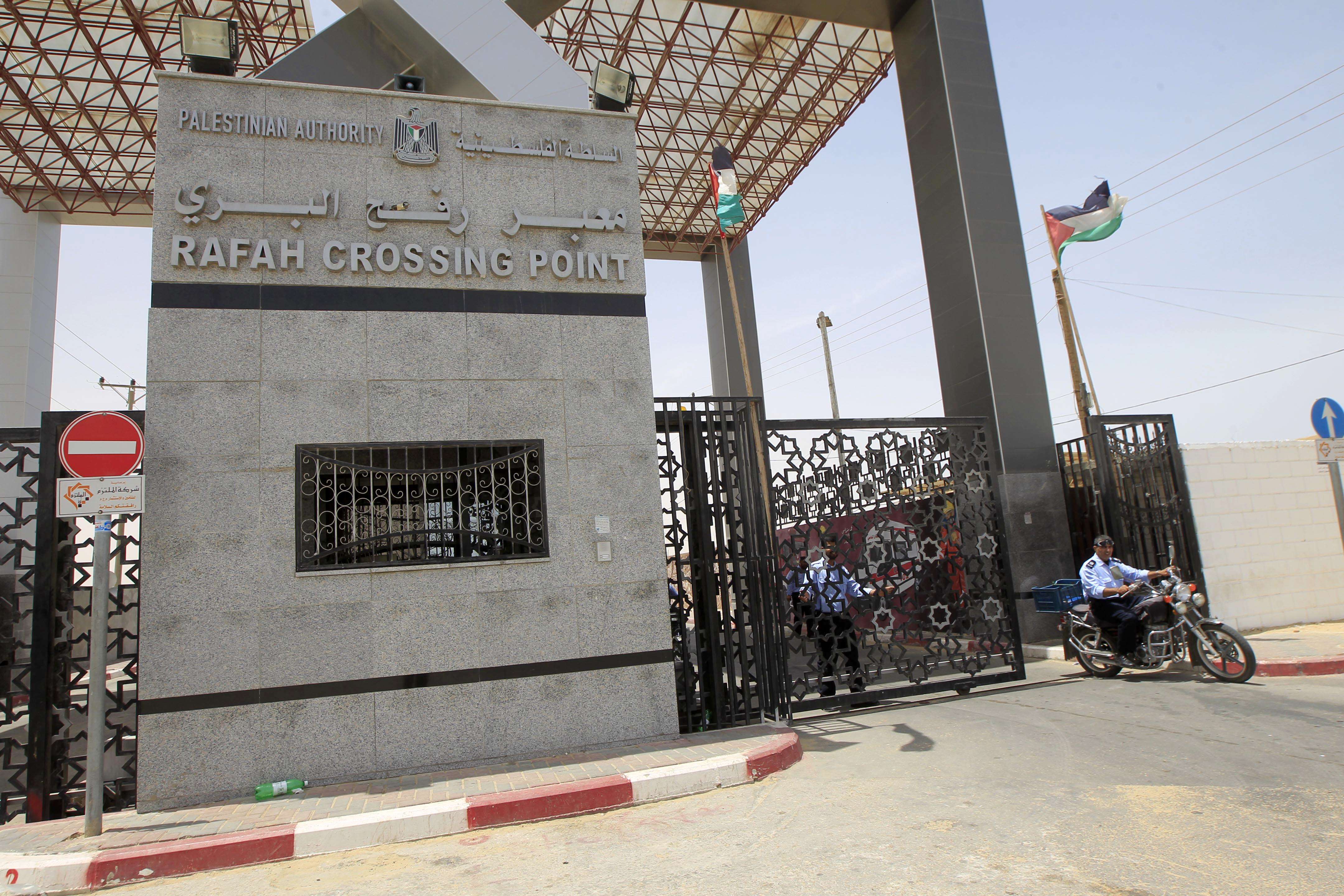Egypt extended the opening of the Rafah border crossing for the third consecutive day, allowing 147 Palestinians to cross the border in both directions on Monday.
The decision to extend the opening of the border crossing came upon calls from the Palestinian Ministry of Interior to Egyptian authorities, to help ease “the existing crisis and salvage a disastrous situation in the Gaza Strip,” state media reported.
The border was opened also on Saturday and Sunday, over which days 1,476 people crossed the Rafah border from both directions.
This marks the first time the border is opened in 2016, according to Egyptian state-owned media.
Egyptian president Abdel Fattah Al-Sisi had initially ordered the opening of the border crossing for just two days, 13 and 14 February.
On Saturday, 726 crossed the border leaving Palestine, and 595 crossed into the Gaza Strip from Egypt. Seven trucks crossed into Egypt, while 24 trucks transported 2,265 tonnes of cement needed for reconstruction in Gaza from Egypt, according to state run newspaper Al-Ahram.
On Sunday, 76 Palestinians travelled from Cairo International Airport to cross into the Gaza Strip. A total of 750 left Palestine from Gaza Strip on Sunday, while 477 stranded people were able to enter Palestine and six Egyptian trucks entered Gaza, according to the Palestinian Interior Ministry.
Also on Sunday, border forces allowed travellers stranded on either side to pass through, and facilitated the transfer of humanitarian aid.
The procedures were made slightly more lenient to facilitate people’s movements in both directions.
A total of 155 people were banned from crossing the border by the Egyptian authorities over the three days.
Previous openings have occasionally been extended by the Egyptian authorities; however, the border has never remained open for more than four consecutive days since October 2014.
The border has remained officially closed since 24 October 2014, following attacks at the Qarm Al-Qawadis checkpoint by “Sinai Province”, during which at least 33 military personnel were killed. Since the attacks, the crossing has only been opened in exceptional cases, or to allow for humanitarian cases to pass.


